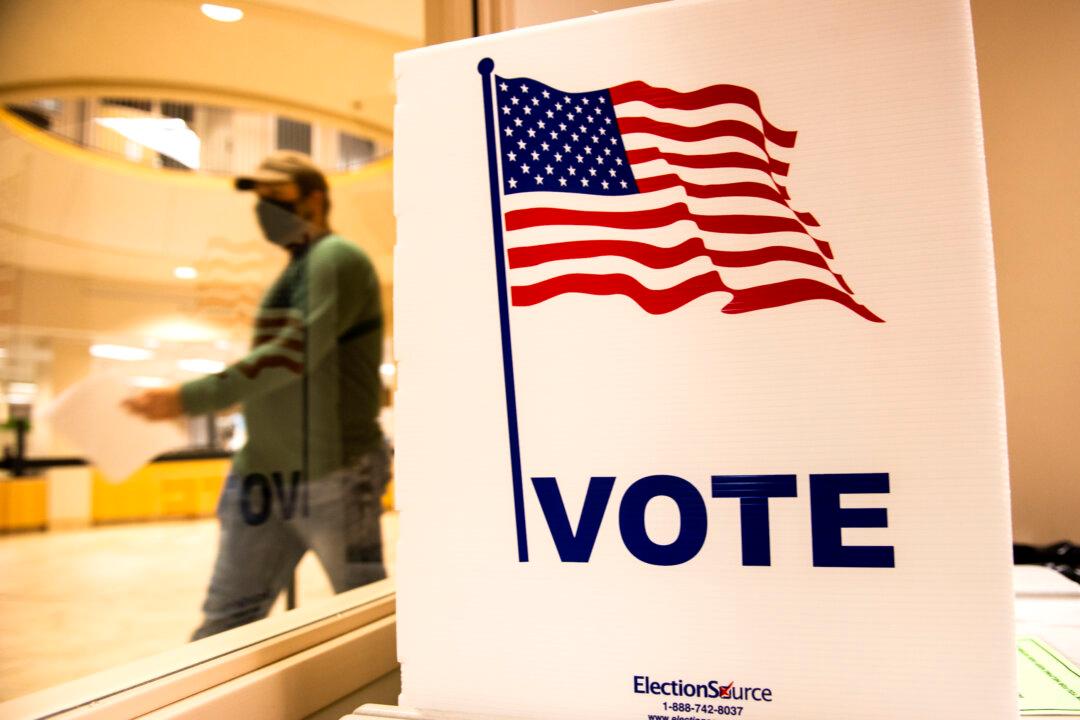The Alaska Supreme Court on Oct. 12 affirmed a ruling by a lower court that waived witness requirements for absentee ballots for the Nov. 3 election.
Before Monday’s outcome, Alaskans intending to vote by mail in the upcoming presidential election would have been required to ask a person over the age of 18 to witness and sign their ballots—a requirement which Superior Court Judge Dani Crosby ruled last week “impermissibly burdens the right to vote.”





